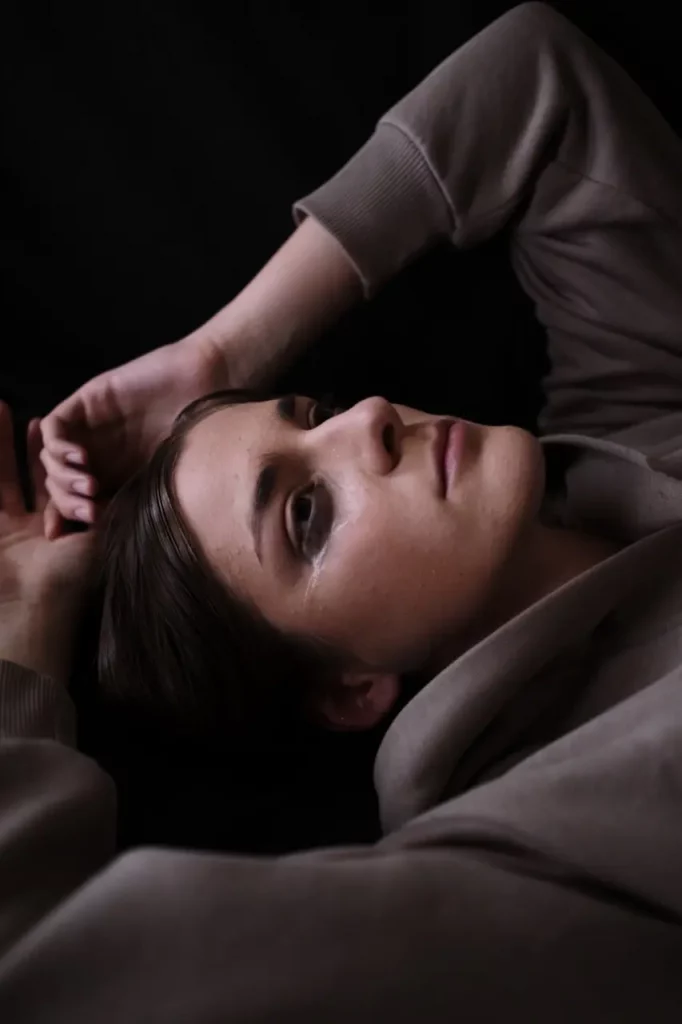
Flyout Menu
- Why FLR
- What We Treat
- Other Disorders
- Residential Program
- Therapy
- Contact
- Resources
- Blog
- Activities
- Quizzes
- Depression Resources
- Mental Health Resources
- Insurance
- Other Resources
- Locations We Serve
- Mental Health Resources
- Anxiety Treatment Centers in California
- Anxiety Attack vs Panic Attack
- Anxiety in Young Adults
- Medication for Mental Health
- Mental Health and Quality of Life
- Mental Illness & The Family
- Navigating Trauma and Recovery
- Finding the Best Trauma Therapist
- Family Dynamics
- Self Harm and Depression
- Self-Harm OCD


